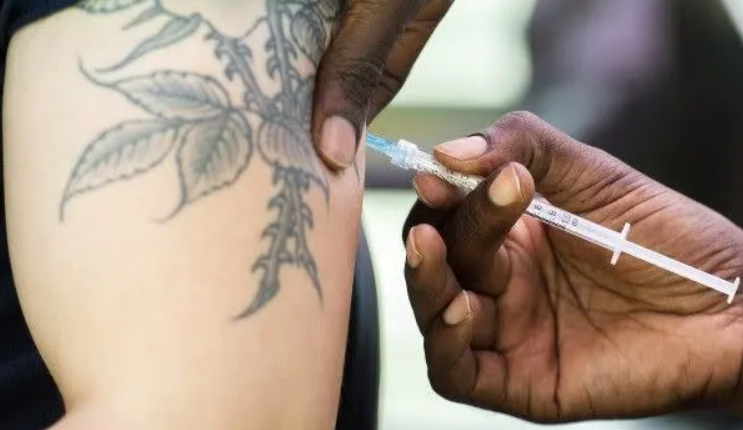
The World Health Organization made a controversial decision on the 23rd: the "monkeypox" that has recently surged in cases is listed as an "international public health emergency", in order to urge countries to face the epidemic seriously, actively pool resources and funds, and strengthen vaccine production and vaccination. Nearly 17,000 people have been diagnosed with monkeypox this year, and the outbreak has spread to 74 countries, of which 68 are the first cases in history.
This is the first time that the WHO has issued a "Public Health Emergency of International Concern (PHEIC)" after the COVID-19 pandemic. In addition to COVID-19 and monkeypox, H1N1 swine flu in 2009, polio in 2014, Ebola Virus Disease in 2014 and 2019, and Zika virus infection in 2016 have all been classified as PHEIC.
The Director-General of WHO makes a major decision
In particular, the WHO's expert advisory committee did not have a consensus on whether to list monkeypox as a PHEIC (9 against and 6 in favor), but WHO Director-General Tedros Adhanom Ghebreyesus still made this major decision as a "tiebreaker", which is the first time in WHO history.
Tedros said: "Monkeypox outbreaks are rapidly spreading around the world through new and little known forms of infection. I know that this decision-making process is not easy, there are some twists and turns, there are different opinions." However, some experts believe that Tedros is too hasty, the current monkeypox epidemic is not serious, because the resources are not a problem, most patients can even heal without special treatment.
The WHO also met last month to discuss the monkeypox outbreak and decided not to list monkeypox as PHIC for the time being, when there were about 3,040 cases worldwide and outbreaks in 47 countries.
With smallpox virus lineage, the fatality rate is 1% to 10%
Monkeypox virus appeared in monkeys in 1958, and belongs to the same genus as the infamous smallpox virus "orthopoxvirus", the earliest eucalyptus infection in humans occurred in the Democratic Republic of the Congo in 1970, mainly transmitted to people by craters and primates, which is a zoonotic infectious disease. Monkeypox virus can be divided into "Central African branches" and "West African branches", the former is more likely to spread and more serious, with a fatality rate of up to 10%; The fatality rate of the latter is about 1%.
Monkey pox cases have long ravaged Central Africa and West Africa, but since May this year, there have been many cases in Europe, North America, South America and other places, and almost all of them are "human-to-human", which has aroused great concern in the international public health community, and there are sporadic cases in Asia. Countries with more than 1,000 cases currently exceed 1,000 include Spain, the United States, Germany, the United Kingdom and France. However, the deaths only occurred in Africa, with 3 cases and 2 cases each in Nigeria and the Central African Republic.
Cases outside Africa are strongly associated with gay male sex
Rosamund Lewis, a WHO monkeypox specialist, notes that 99% of monkeypox cases outside Africa are male, and 98% are infected through gay male sexual intercourse. Tedros stressed that this trait shows that with the right strategy, the monkeypox epidemic is not difficult to contain.
The U.S. Disease Control Agency (CDC) said on the 23rd that it supports the WHO to list monkeypox as a PHIC. With more than 2,800 cases in the United States and more than 370,000 doses of vaccines sent to states by the CDC, some experts suspect monkeypox could become a common STD similar to gonorrhea, herpes and AIDS.
Albert Ko, a professor of public health at Yale University, said the epidemiology of monkeypox is changing, possibly related to genetic mutations, and that the current number of cases seen is just the tip of the iceberg, and that the global response should be coordinated, with the imperative of strengthening virus screening and surveillance and helping poor countries fight the epidemic.
The current vaccines against monkeypox are mainly the smallpox vaccine "IMVANEX" (Jynneos in the United States) produced by the Danish biotechnology company Bavarian Nordic; The other two vaccines, ACAM2000, are less commonly used with LC16. The WHO has previously said it will establish a "vaccine sharing mechanism", but the details are not yet known, and there are concerns that there will be another unfair situation of "monopoly of goods in rich countries" similar to the NEW CROWN vaccine.